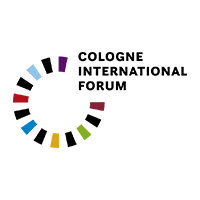International Research Cluster 2023/24
Conflict-Induced Displacement and Socio-Economic Resilience: Learning From Neglected Conflicts in Cameroon and Myanmar
Director: Michaela Pelican
There are an estimated 281 million migrants worldwide, with 89.5 million being forcibly displaced. Political and humanitarian measures to address forced migration often neglect the socio-economic aspects of displacement. Understanding migrants’ socio-economic situations is essential to managing forced migration and achieving the UN Sustainable Development Goals. At the heart of this project are two violent conflicts – the Anglophone conflict in Cameroon and the military coup in Myanmar – which have resulted in significant displacement but have received limited attention in international public debates.
